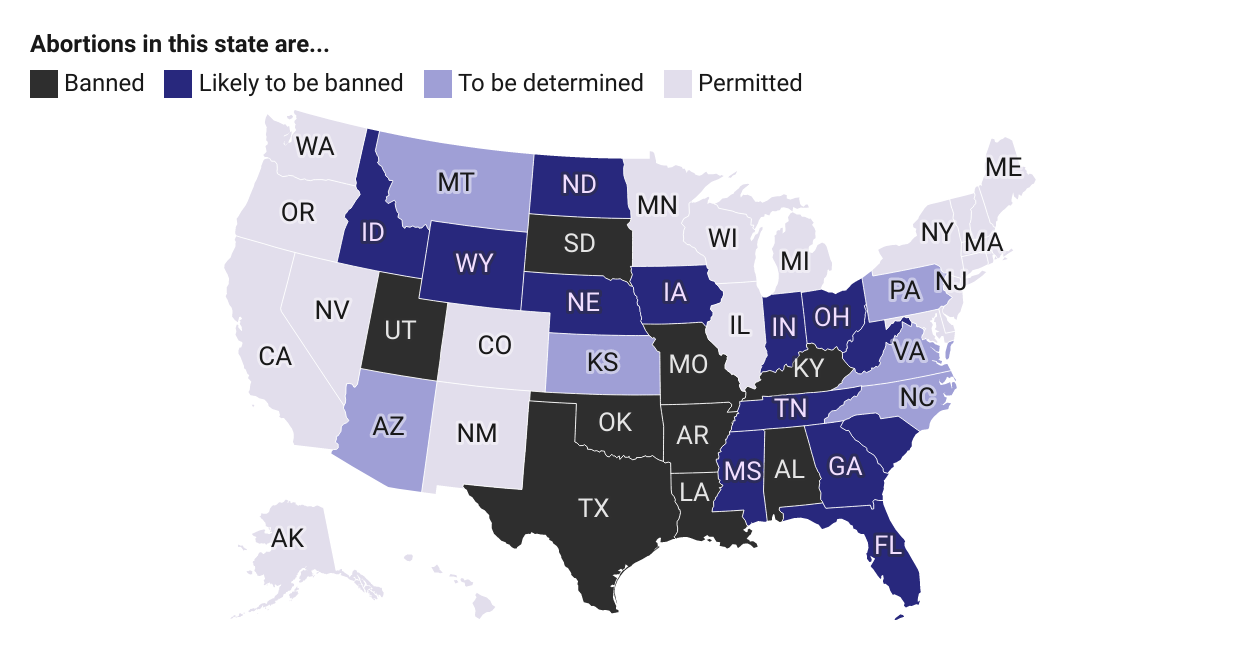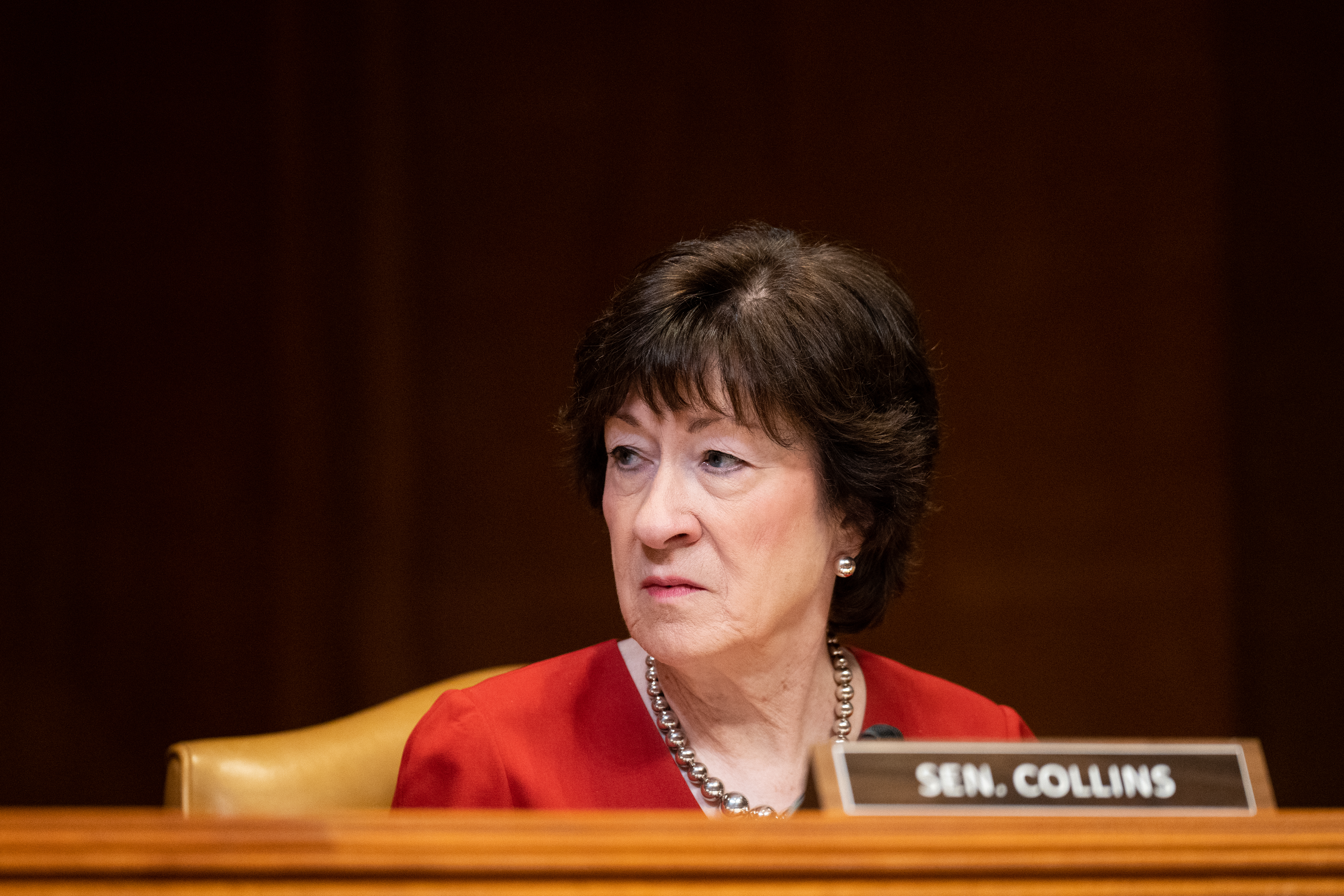The decision to overturn Roe v. Wade has put the focus squarely on the Supreme Court as people figure out where the top body of the judicial branch goes from here.
The controversial ruling on abortion seems to have divided the country while fueling debate about the direction of the Supreme Court.
"The court is increasingly out of step with the American people," said Boston College Law Professor Kent Greenfield.
"This decision has already had seismic impacts," said Jessie Rossman of the ACLU of Massachusetts.
Get New England news, weather forecasts and entertainment stories to your inbox. Sign up for NECN newsletters.
The high court dispensed with nearly 50 years of legal precedent in overturning Roe v. Wade.
"The court has lost a lot of trust and a lot of confidence of the public, and there is some concern about what other rights will fall," said Michael Coyne, an NBC10 Boston legal analyst and dean of the Massachusetts School of Law.
In his concurring opinion, Justice Clarence Thomas called for eliminating the doctrine of substantive due process, which has allowed the court to protect rights — like abortion — that are not specifically mentioned in the Constitution.
"Absolutely, the right to contraception is on the chopping block, the right to same-sex intimacy is on the chopping block, and the right to marriage equality is on the chopping block," said Greenfield.
Thomas specifically called for the rulings of Griswold v. Connecticut, Lawrence v. Texas and Obergefell v. Hodges to be overturned — decisions that respectively granted national rights to contraception, same-sex intimacy among adults and same-sex marriage.
In 1967, the Supreme Court argued substantive due process when ruling in Loving v. Virginia that interracial marriages were legal. Thomas did not cite that case in his concurring opinion, which some find hypocritical, given he and his wife are an interracial couple.
"The fact is Justice Thomas and his wife wouldn't be able to be married if you reject those earlier precedents," said Coyne.
There have already been conservative rulings recently on guns an abortion. The experts say they expect another one in the next week or so on climate change.



